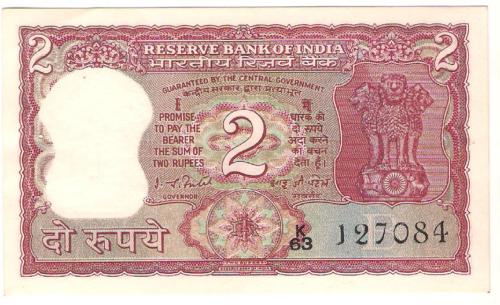It was a one-step-forward, two-steps-back week in South Asian gay rights last week.
The Economic Times has a report that businesses are increasingly seeing lucre in the Indian gay market since the country’s High Court officially decriminalized homosexuality in 2009. The report quotes Ian Johnson of outnowconsulting.com as an expert on the potential of the Indian pink rupee:
“’Our research shows that in most populations, around six percent of the adult population is lesbian or gay. Applying that to India suggests that just under $200 billion (six percent of GDP) can be assumed to be earned income from India’s estimated 45 million gay and lesbian adults,’ Johnson said.”
$200 billion per year. To put that in perspective, that’s more than the GDP of the Czech Republic, or the projected market value of Facebook. My guess is that number is dubious — it’s unlikely India’s openly gay population is, at this point, as proportionately large as that of other countries with longer histories of decriminalization, and most of India’s wealth is concentrated in a number of hands so small as to make statistical comparisons useless. But if companies are trying to reach queer Indians, that could have a transformational effect on social attitudes toward gays there.
Meanwhile, in neighbouring Pakistan, the US Embassy held its first Pride reception, calling for queer rights in Pakistan. It’s a bold move for the US government in this very traditional, Muslim country (and one I really can’t picture our current government undertaking — let’s all take a minute and check out this update on whatthefuckhasobamadonesofar.com). Unfortunately, the statement by the embassy also prompted the usual reaction from clerics, who led anti-gay and anti-American rallies in Islamabad and Lahore.


 Why you can trust Xtra
Why you can trust Xtra


